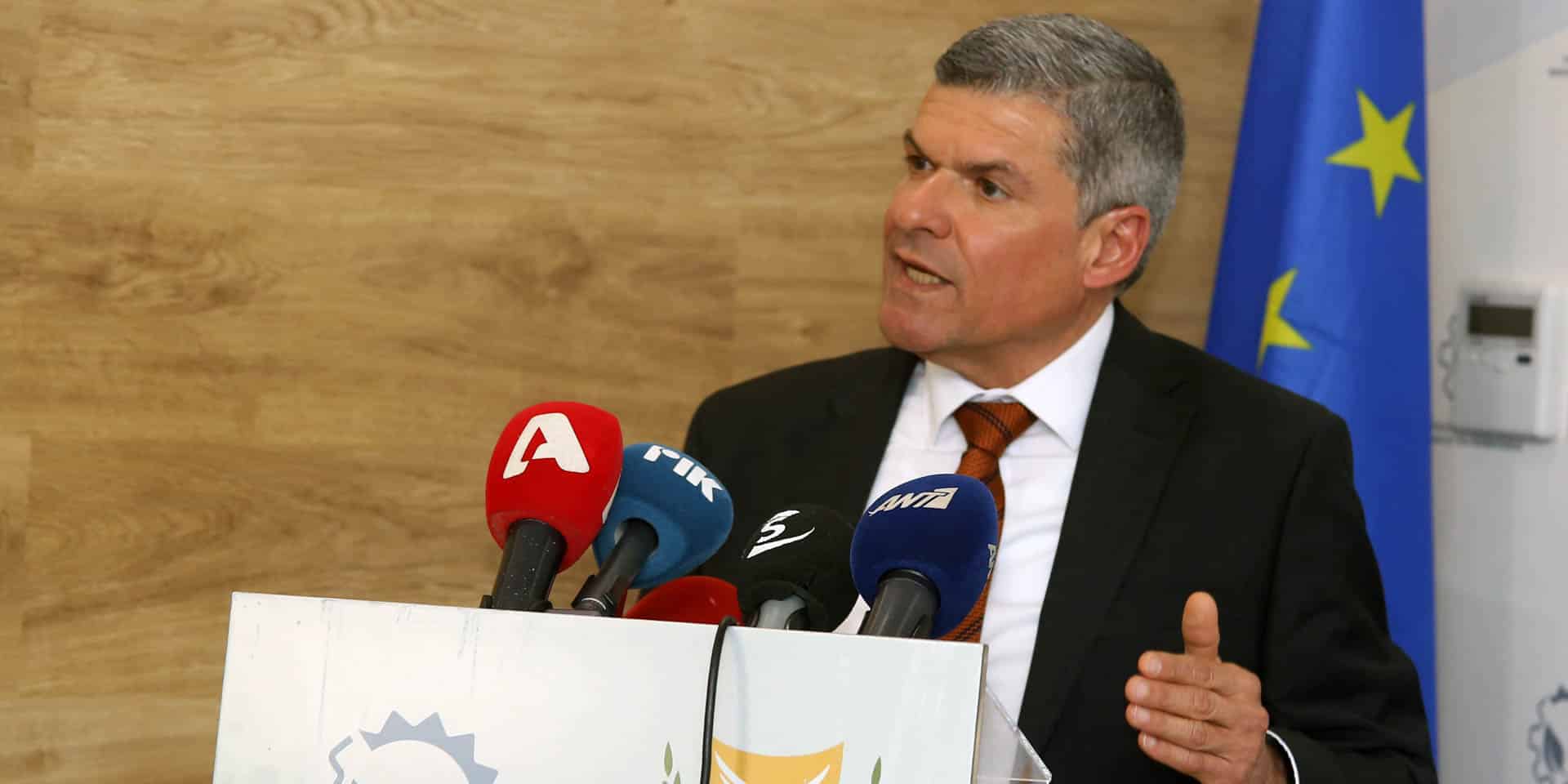The government has rejected the latest proposal on developing the Aphrodite gas play as it tilts the scales in favour of the companies holding the concession while at the same time raising the risks for the Cypriot state, the energy minister said on Monday.
But George Papanastasiou added that he was confident the two sides could come to an agreement sometime in September.
He was speaking on CyBC radio, explaining why the government gave Chevron’s proposal the thumbs-down.
The rejection was first reported by Bloomberg last Friday, with Papanastasiou telling the media outlet that the concerned parties would now initiate talks with the aim of reaching an agreement within a 30-day timeframe. The new negotiation period commenced on Friday.
The plan, submitted by a Chevron-led consortium consisting of Shell and Israel’s NewMed Energy, aimed to connect the gas field to an existing processing and production facility in Egypt via a subsea pipeline.
Aphrodite, discovered more than a decade ago about 170 km from the city of Limassol, holds an estimated 4.4 trillion cubic feet of gas.
Papanastasiou said the consortium’s revised plan would transfer economic benefits to the companies while raising the risks for the Republic of Cyprus.
Under the plan, the gas would be piped directly to the LNG facility in Idku, Egypt so as speed up exploitation and bring down production costs.
“Aphrodite is located about 380 km from Egypt, and in order to send the gas across such a distance there need to be the necessary infrastructures in place,” said Papanastasiou.
He explained that under Chevron’s proposal, certain infrastructures would be removed and the gas would be piped based only on the pressure from inside the reservoir.
This was a major point of contention, because it could mean that by the time the pressure inside the reservoir begins dropping, this may coincide with the time when the Republic would be entitled to receiving royalties.
Meanwhile media reported other major technical changes in the revised proposal compared to the previous development plan submitted in 2019. For example, the new plan cuts the number of production wells from five to three, in turn decreasing the rate of flow of the gas from 800 cubic feet per day (cfd) to 650 cfd. This would also bring down the consortium’s capital expenditures, estimated at $3.6 billion under the 2019 plan.
In addition, Chevron’s revised proposal does away with a floating production unit that would process the gas before it entered the pipeline running to Egyptian shores.
Nevertheless, Papanastasiou stressed that the Aphrodite development project must go forward, as it is the most mature gas project in Cyprus’ exclusive economic zone. The reservoir was discovered 12 years ago and “cannot wait any longer”.
The minister said the government will not limit itself to “agreements on paper” but would rather demand implementation by the consortium.
Asked about the development timeframe, he said 2027.







Click here to change your cookie preferences